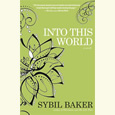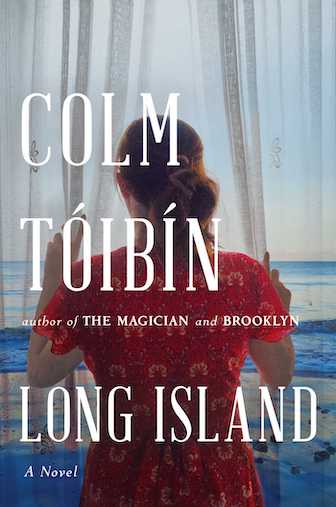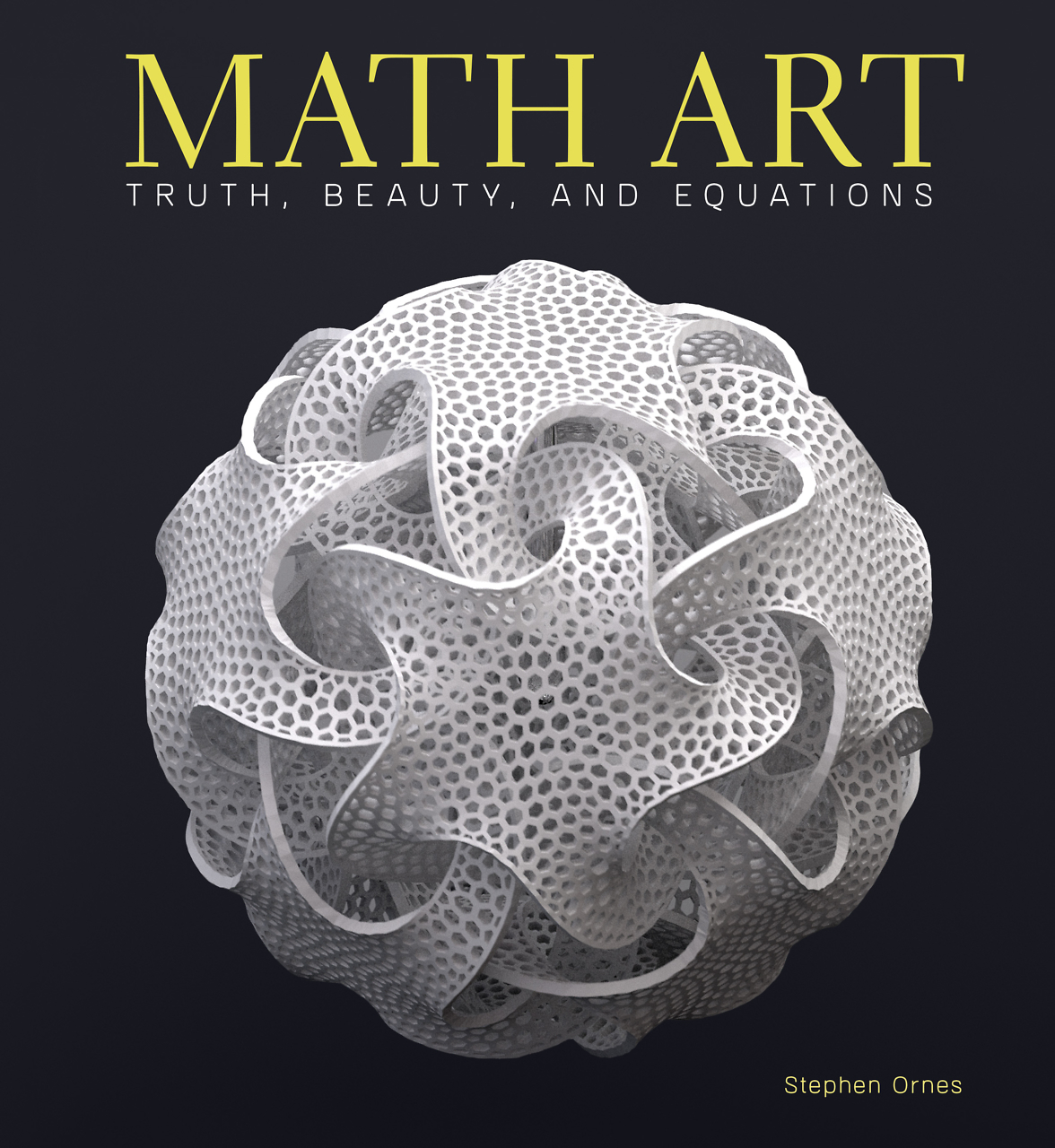Up Close and Personal
Just in time for the London Summer Olympics, Chris Cleave—author of the international bestseller Little Bee—delivers a poignant and suspenseful tale about the interior lives of elite track cyclists
Chris Cleave’s Gold opens with the juxtaposition of two friends and rivals in the moments before one of them will achieve Olympic glory on the velodrome in the 2004 Athens Summer Olympics. Zoe Castle sits in a locker room, listening to the roar of the crowd, trying to master her anxiety. Kate Meadows Argall, back home in Manchester, watches on television while her infant child—for whom she has sacrificed her training and her own spot on the English Olympic Cycling team—gurgles on the floor beside her. As she watches her best friend prepare to achieve the glory she has always dreamed of, Kate must stifle her misery at having ceded her own goals to “small and domesticated triumphs, measured in infants weaned and potty-training campaigns prosecuted to dryness.” In Athens, Zoe’s mind floats back to England, and Kate. “Kate made her choices,” Zoe says, somewhat ruefully. “And so did I.”
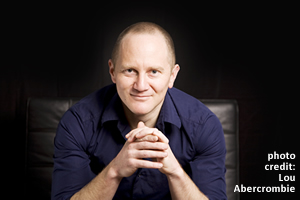 The narrative lurches abruptly forward eight years, to the eve of the London Olympics. Zoe, having won two pairs of gold medals in Athens and Beijing, respectively, lives in an expensive high-rise apartment, where she whiles away the hours between training sessions with bouts of brooding and reckless one-night stands. Kate balances a comeback attempt against the demands of raising a child now afflicted with leukemia. Kate struggles against not only the numbing terror of possibly losing her daughter, but also her own ambitions, which she fears might once again be derailed. Zoe, on the other hand, vainly attempts to find some meaning in her life, which is as empty and troubled as it ever was before she achieved her dreams. Though they are ranked first and second in the world, only one of them will be allowed to compete in this contest; now thirty-two, it is for both of them the last opportunity to win Olympic gold. Kate has twice given up her chance to race already; Zoe has nothing else to live for.
The narrative lurches abruptly forward eight years, to the eve of the London Olympics. Zoe, having won two pairs of gold medals in Athens and Beijing, respectively, lives in an expensive high-rise apartment, where she whiles away the hours between training sessions with bouts of brooding and reckless one-night stands. Kate balances a comeback attempt against the demands of raising a child now afflicted with leukemia. Kate struggles against not only the numbing terror of possibly losing her daughter, but also her own ambitions, which she fears might once again be derailed. Zoe, on the other hand, vainly attempts to find some meaning in her life, which is as empty and troubled as it ever was before she achieved her dreams. Though they are ranked first and second in the world, only one of them will be allowed to compete in this contest; now thirty-two, it is for both of them the last opportunity to win Olympic gold. Kate has twice given up her chance to race already; Zoe has nothing else to live for.
Chris Cleave has a gift for timing. His first novel, Incendiary—which takes the form of a letter to Osama Bin Laden from a grieving London woman who has lost her husband and son in an imagined suicide bombing at a soccer stadium—was published on the very same day of the 2005 London subway suicide bombings. “I wrote about something that could happen, and then it did happen, and now I feel that I’m fundamentally tied, probably for the rest of my life, to those events,” he told The Washington Post. “Within 20 years’ time, people will still be reviewing my book and saying, ‘Chris Cleave, whose controversial debut was published in London the same day as the London attacks, comma, has written another book.’”
While Cleave’s self-prophecy may come to pass, he is no longer defined by that extraordinary and extraordinarily troubling coincidence thanks to the enormous critical and popular success of his second novel, The Other Hand, published in the United States as Little Bee. A devastatingly emotional but immensely readable tale about a young Nigerian refugee and a suburban London woman whose lives are drawn together by happenstance, Little Bee became a surprise hit, largely due to word of mouth. The novel now has over two million copies in print and is being developed into a film by Nicole Kidman.
The timing of Gold depends much less on coincidence; it might even be called opportunistic were it not for the energy and genuine decency Chris Cleave projects through his perspectives on track cycling and the athletes who devote their lives to it. “They would match each other breath for burning breath, pedal stroke for pedal stroke at the speed of a swooping bird, and win or lose by millimeters. The tiniest error—the lightest touch of wheel on wheel—and bones and bikes would shatter,” Cleave writes. “They would be aware of the hope they were chasing and of the failure that stalked them, they would be aware of their future and their past, and they would be aware of every pixel of the moment, from the knots in the boards of the track all the way up to the plaits of the little girl in a blue checked dress, in row thirty-eight, catching her breath as she realized she wanted to be just like them.”
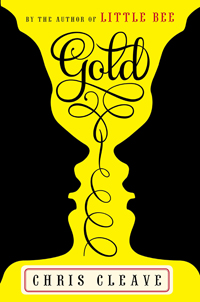 Though it is still popular in England and across Europe, track cycling as a spectator sport peaked in the United States roughly around 1935. Still, it’s now a firm tradition in America to become obsessed once every two years with a niche sport (short-track speed-skating, anyone? Curling?) which we will promptly forget about until the next Olympic cycle. Even in England, track cyclists know that a World Championship is meaningless compared to an Olympic gold medal, which translates into a far wider audience for their achievements and the possibility of the kind of lucrative endorsement deals that subsidize Zoe Castle’s lifestyle in Gold.
Though it is still popular in England and across Europe, track cycling as a spectator sport peaked in the United States roughly around 1935. Still, it’s now a firm tradition in America to become obsessed once every two years with a niche sport (short-track speed-skating, anyone? Curling?) which we will promptly forget about until the next Olympic cycle. Even in England, track cyclists know that a World Championship is meaningless compared to an Olympic gold medal, which translates into a far wider audience for their achievements and the possibility of the kind of lucrative endorsement deals that subsidize Zoe Castle’s lifestyle in Gold.
What we love most about the Olympics is less the competition itself than background drama packaged in maudlin accounts of the personal tragedies and sacrifices the athletes and their families have endured in order for them to reach the pinnacle. In a sense, Gold is a sort of extended ‘Up Close and Personal’ segment, though it goes far deeper into the minds and hearts of its characters. They become movingly real human beings who, when away from the arena, must navigate the same difficulties the rest of us face, be they mundane or dramatic. “Competing in an Olympics didn’t scare her now,” Cleave writes of Zoe. “It was ordinary days now that frightened her—the endless Tuesday mornings and Wednesday afternoons of real life, the days you had to steer through without the benefit of handlebars. Off the bike she was like a smoker without cigarettes, never sure what to do with her hands. As soon as she got off the bike, her heart was expected to perform all these baffling secondary functions—like loving someone and feeling something and belonging somewhere—when all she’d ever trained it to do was pump blood.”
The narrative of Gold shifts through a variety of third-person-limited points of view—chiefly, the driven, calculating Zoe and the more talented but meek Kate, but also their aging coach, Tom (who, despite being a bit of a stock lovable curmudgeon, provides critical insight into the formative years of his charges); Kate’s husband Jack (who, like Zoe, won gold in Athens while Kate stayed behind to be a mom); and, most significantly, Sophie, the ailing eight-year old who is obsessed with Star Wars and labors no less heroically to protect her parents from the graveness of her condition than against the disease itself.
Cleave researched Sophie’s character by shadowing doctors at London’s Great Ormond Street Hospital for Sick Children. “Caring for sick children is the Olympics of parenting,” writes Cleave in an author’s note at the conclusion of Gold. “Nothing prepared me for the emotional impact of witnessing parents’ reactions at times like these.” Through Sophie, Cleave pays tribute to the bravery of these families and, especially, of these children. Sophie’s Star Wars fixation becomes a self-styled metaphor for her struggle against cancer and a world to inhabit while isolated by her illness from the friendship and play she can hear going on outside her bedroom window. She refuses a hug from her mother and kicks the back of her father’s chair in the car because hurting or annoying them might make them stop worrying about her, if only for a moment.
While some critics are likely to call Cleave to account for inserting a cancer-stricken child into the narrative to manipulate readers’ emotions, the earnestness and vividness of his accounting of every aspect of her experience reminds us that such stories grip us and demand our attention because they are so often true. The narrative problem of Kate’s heartrending family circumstances isn’t excessive sentimentality; it’s that they make Zoe’s search for humanity a bit underwhelming. Cleave may go a bit too far to make Zoe aloof and unlikable, and even further by drawing back to her distant past to reveal the secret traumas that have fueled her drive to win and her compulsion to alienate herself. The secrets of the past—sensational and far-fetched as they are—seem unnecessarily contrived in comparison to the amply dramatic and very real problems faced by Jack and Kate and Sophie in the story’s present action.
Nevertheless, Gold makes for a moving and compelling read—not in spite but because of Chris Cleave’s unapologetic romanticism. The millions of readers of Little Bee can attest that, despite the delicacy of his prose, Chris Cleave doesn’t deal in half measures or subtle strokes—he goes straight for the heartstrings. Every page of Gold is drenched with an urgency of feeling that generates the same emotional pleasure as a great moment in sports, where we simultaneously witness triumph and failure in the starkest, most dramatic terms. In spite of its moments of grandeur and excess, Gold will likely resonate most with readers for the way it unveils the ordinariness surrounding the extraordinary. “They would have this one certain, strange, and mercurial quality, these unknowable people with their eyes hidden behind visors,” Cleave writes. “At exactly the moment they crossed the finish line, they would become human beings just like anyone else.”
Chris Cleave will discuss and sign copies of Gold on July 24 at 6:15 p.m. as part of the Salon@615 series at the Nashville Public Library. The event is free and open to the public.
